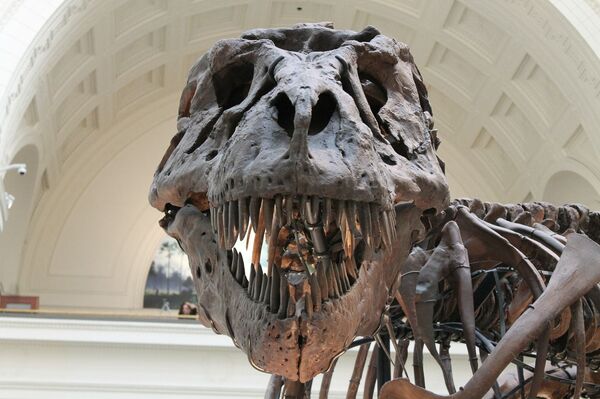"A new study by Palaeontologists at the University of Southampton suggests four bones recently found on the Isle of Wight belong to new species of theropod dinosaur, the group that includes Tyrannosaurus rex and modern-day birds. The dinosaur lived in the Cretaceous period 115 million years ago and is estimated to have been up to four metres [13.1 feet] long", the university said in the press release.
The bones, which are believed to be from the neck, back, and tail of the dinosaur, were discovered on the foreshore near the village of Shanklin on the UK's southern island.
The palaeontologists said that the distinctive air sacs in some of the bones helped identify the remains as those of a theropod dinosaur.
"The record of theropod dinosaurs from the 'mid' Cretaceous period in Europe isn't that great, so it's been really exciting to be able to increase our understanding of the diversity of dinosaur species from this time", Chris Barker, a PhD student at the University of Southampton who led the study, said in the press release.
The new species of dinosaur has been named Vectaerovenator Inopinatus.



